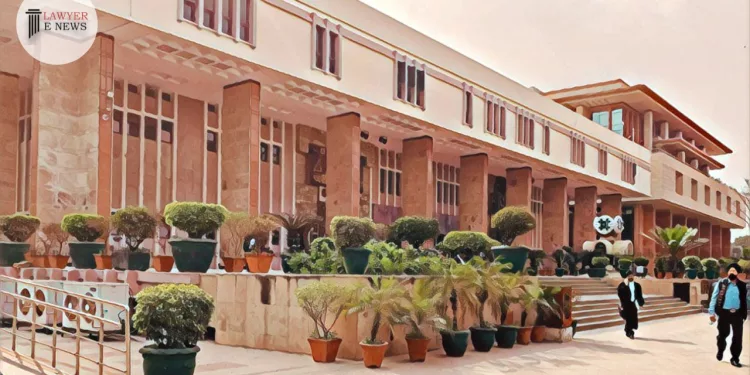False and Defamatory Complaints Can Amount to Cruelty in Divorce Cases: Delhi High Court

In a recent ruling, the Delhi High Court has established a significant precedent, stating that false and defamatory complaints filed by one spouse against the other and their family members can constitute an act of cruelty, justifying divorce. The judgment, delivered by a bench consisting of SURESH KUMAR KAIT and NEENA BANSAL KRISHNA, sheds light on the critical aspect of cruelty in divorce cases.
The case revolved around a couple seeking divorce under Section 13(1)(ia) and Section 13(1)(ib) of the Hindu Marriage Act, 1955. The judgment analyzed the conduct of both parties, with a particular focus on the appellant-wife’s actions.
The court’s ruling emphasized that the appellant-wife’s unfounded accusations and defamatory complaints against her husband and his family members amounted to cruelty. The judgment cited several legal precedents, including the Supreme Court’s decisions in cases such as Samar Ghosh Vs. Jaya Ghosh and Ravi Kumar vs. Julmidevi, which affirmed that reckless and false accusations against a spouse and their family members could lower their reputation in society, constituting cruelty under the law.
Additionally, the court highlighted the husband’s repeated efforts at reconciliation, which were met with resistance by the wife. The judgment noted that despite the husband’s attempts to reconcile, the wife’s animus deserendi, or intention to abandon the marital relationship, became evident.
This landmark ruling not only provides clarity on the grounds for divorce but also underscores the importance of responsible conduct in matrimonial disputes. It serves as a reminder that false and defamatory complaints should not be used as tools for revenge in marital conflicts.
This decision by the Delhi High Court sets a valuable precedent for future divorce cases, emphasizing the need for fairness, truthfulness, and sensitivity in resolving disputes within matrimonial relationships.
Date of Decision: 11 OCTOBER 2023
TAPSI VIDYARTHI vs ARVIND KUMAR SINGH





